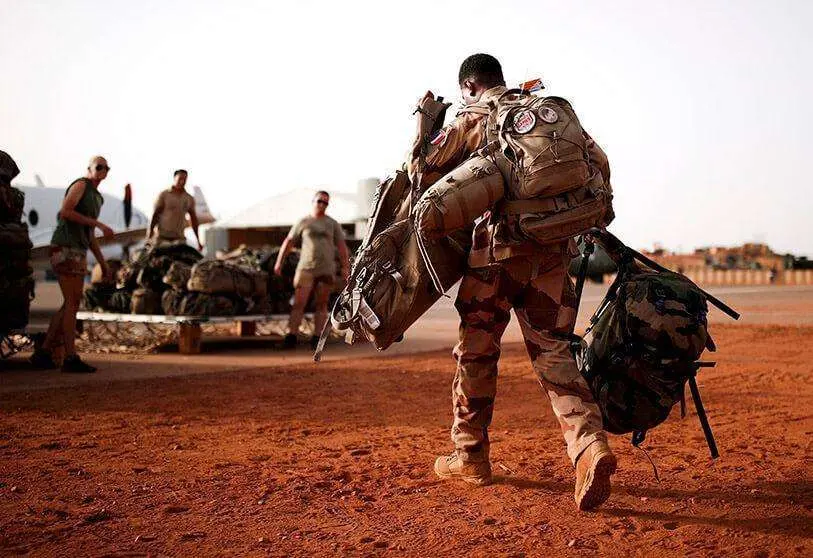Reinforcement of the international military presence in the Sahel

On 8 April, Denmark announced its intention to join Task Force Takuba, part of Operation Barkhane, which accompanies and trains reconnaissance and intervention units of the Malian Armed Forces, particularly in the Liptako Gourma region (the area of the three borders of Mali, Niger and Burkina Faso). It is in this border strip that the greatest jihadist activity in the Sahel region is concentrated. The protagonists of the terrorist violence are the groups Islamic State of the Greater Sahara and the jihadist coalition JNIM, linked to al-Qaeda in the Islamic Maghreb. Denmark has pledged to send a hundred soldiers in the first quarter of 2022. In addition to the troops, the Danish government, subject to validation by its parliament, will send a surgical unit and staff officers. The Danish government has also committed to send a C-130 transport aircraft for the MINUSMA (United Nations Mission in Mali) contingent for six months.
Currently, in addition to the French, three other countries are already on the ground in the Takuba force: Estonia, the Czech Republic and Sweden. Belgium has also announced a few weeks ago that it will send three liaison officers. Italy has also committed to deploy approximately 200 troops, although these are long overdue, as Italy was one of the first countries to support the Takuba initiative (July 2020). As can be seen on the map, Task Force Takuba is headquartered in Menaka with officers from eight different countries. In total, the contingent has 600 military personnel, to which a further 300 will be added in the coming year (200 Italians and 100 Danes). Italy, Belgium, the Netherlands and Portugal have so far only sent liaison officers, in most cases, such as the Netherlands and Italy, slow deployment is due to delays in parliamentary processes.

The rest of Task Force Takuba is composed of a second Franco-Czech group is stationed with a Malian Light Reconnaissance and Intervention Unit (ULRI), a Swedish rapid reaction force, a French protection force and a Swedish surgical and resuscitation antenna, also stationed in Menaka. In Gao, another French-Estonian group is deployed together with another Malian ULRI. From the Niamey air base, a Swedish C-130 tactical transport aircraft is operating for transport and medical or strategic evacuation.
In addition, this past March, 40 US soldiers from the Joint Task Force-Horn of Africa (CJTF-HOA) deployed in Djibouti, Task Force Bayonet and the Southern European Task Force-Africa (SETAF-AF) did three rotations in Gao (2) and Tombouctou (1) in northern Mali to familiarise themselves with French counterterrorism practices. According to the director of strategy and plans for the Joint Task Force Horn of Africa, Hugh Baker, it is extremely important for the force to be able to arrive and respond quickly to crises anywhere on the continent. The three days of training in Mali are in response to the need to improve its capabilities in "austere environments" as well as to strengthen interoperability and relationships with its partners on the ground, in this case the French. American liaison officers were also present in other counter-terrorism operations in the tri-border area earlier this year. According to statements by the French Army General Staff (EMA) reported in the newspaper Ouest France, many American AFRICOM delegations have been touring the Sahel-Saharan band for several months. The Americans are partners with the French in other operations in the Sahel, such as Operation Eclipse, where 40 per cent of ISR (Intelligence - Surveillance - Reconnaissance) missions in 2020 and 30 per cent of transport missions were carried out by AFRICOM.









